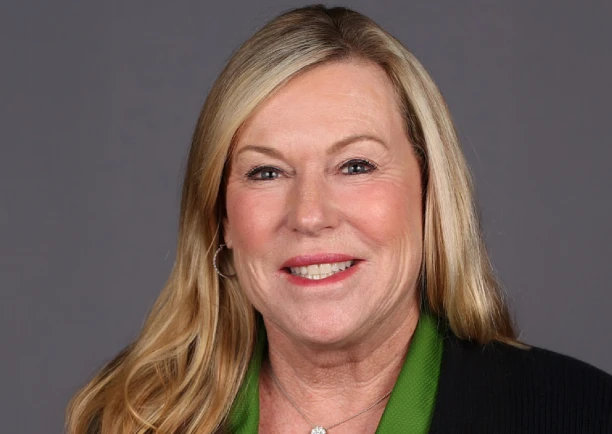
Did you know, the average doctor visit for a senior in a value-based care (VBC) plan is 45 minutes? Who spends 45 minutes with their doctor these days? At first glance, it might sound inefficient, but here’s the beauty of VBC: it pays providers based on outcomes, not service volume. That doctor has an incentive to make sure the patient in their office gets the best care possible—however long it takes.
It’s hard to believe that just 15 years ago, we didn’t think this way, but VBC makes perfect sense. As a plan sponsor, you save money if retirees on your Group Medicare Advantage plan are healthier and more supported. Plus, you feel better knowing that the people who contributed to your company or have been a part of your union are well cared for.
When I started at Humana, they were already moving full steam ahead on this new idea called value-based care. Back then, I spent a lot of time in the field with care providers talking about what kind of clinical management Humana had available. We talked about how we could work together to make their jobs go more smoothly.
We have taken the time to understand the providers because, when their needs are met, their patients’ needs are met. That’s where I think Humana has excelled. You know, when Humana started out as a provider in 1961, we were a nursing home care company. I think those provider roots have positively influenced how we work with providers to this day.
In 2013, we started publishing an annual report on VBC, which the industry now considers a benchmark. It is gratifying to see how we continue to make progress.
By 2016, we were seeing 20% lower costs1 for members in VBC Medicare Advantage (MA) plans versus fee-for-service plans. With numbers like that, I could see how much momentum we had gained and knew that we were on the right track.
Now we have even started our own provider group focused on primary care for seniors: CenterWell™. Value-based primary care is amazing. And if you have senior-focused value-based care, it’s even more amazing.
Last fall, we published a study in conjunction with Harvard2, showing that value-based care members have extraordinary outcomes. The researchers used data from Humana MA plans to examine senior-focused primary care organizations that are supported predominantly by VBC contracts.
They found that these patients received 17% more primary care visits (compared with patients in traditional MA contracts), and that historically underrepresented groups were better reached.
These results didn’t surprise me at all! But that’s because I’ve had the advantage of a front-row seat over the years. Sometimes I hear from plan sponsors that they’ve heard generally good things about VBC, but they have yet to see for themselves. When they do, they’re thrilled.
When your retirees are better served, they are happier with their benefits and probably living a fuller, healthier life. These patients experience better engagement with their primary care physicians, lower hospitalization rates, fewer ER visits, better health outcomes and better satisfaction. That should make you feel pretty good about the benefits you’re providing. Today, 70% of our MA members are aligned with VBC primary care providers.


Now, I’m getting a chance to learn about the impact of VBC not just professionally, but personally. My dad needs a little extra help around the house these days. He had a serious fall not long ago. He’s in a VBC arrangement, and his plan sends a physical therapist into his home. He had a nurse who came over to help with wound care as well. His in-home care team didn’t just provide medical treatments, though. They helped look for rugs and even helped with the arrangement of furniture, making sure my dad could easily get through rooms with his walker. They’re wonderful, and they do whatever they need to do.
Many seniors need more time when it comes to their care. I liken it to the pit crew on an auto racing team. You need a social worker to connect with community resources. You need the physician. Maybe you need mental healthcare. The whole team has to work together.
What have we learned from 15 years of value-based care? That it works. It saves money, it makes for a better experience for all parties and it results in better care outcomes. That’s who we’re here for at Humana—our members.
- Grant Ferowich, Humana touts success of value-based Medicare Advantage reimbursement models, Fierce Healthcare, last accessed July 7, 2025.
- Kaylyn E. Swankoski et al., Senior-Focused Primary Care Organizations Increase Access for Medicare Advantage Members, Especially Underserved Groups, Health Affairs, Vol. 43, No. 9, accessed July 7, 2025, doi/abs/10.1377/hlthaff.2023.01357


